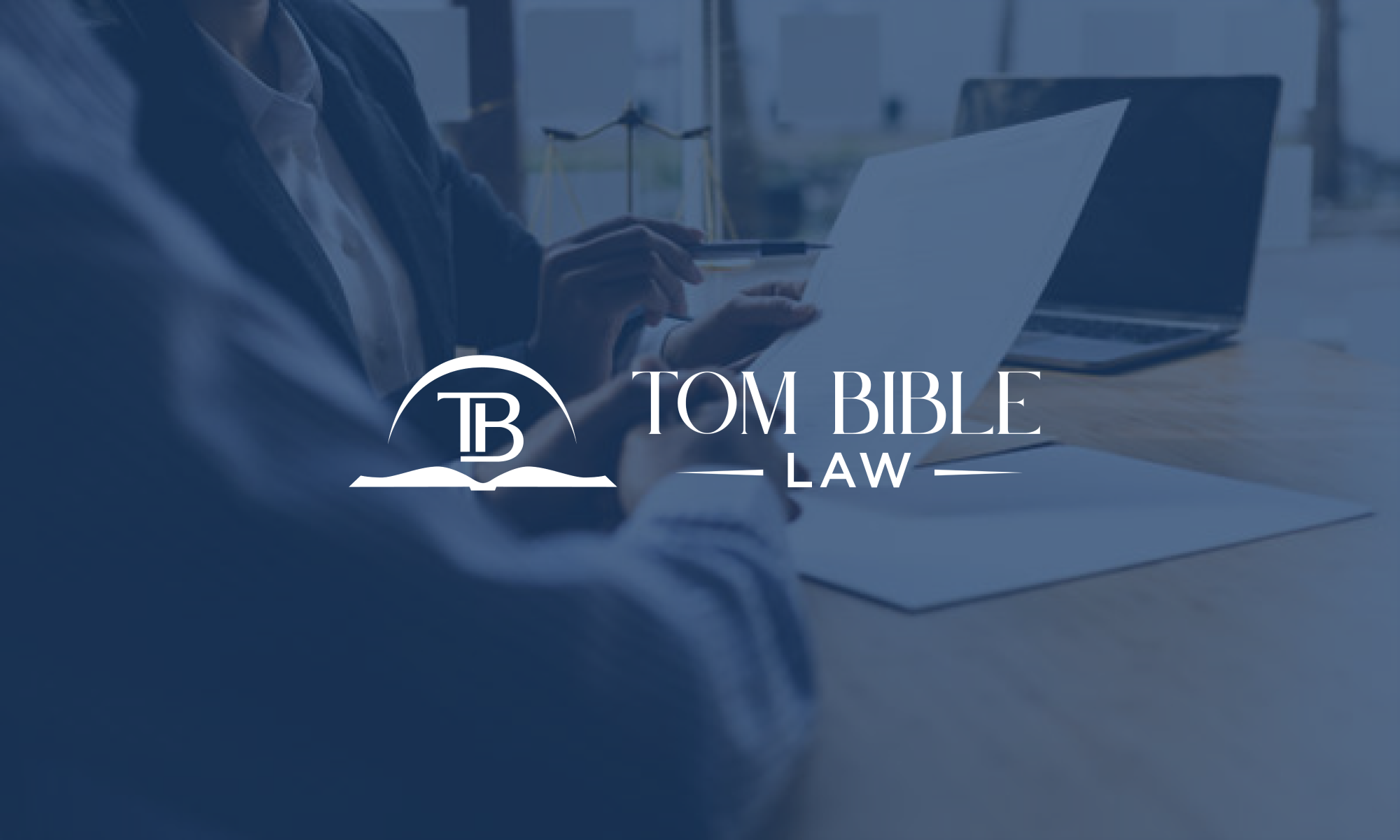Running a small business comes with a myriad of challenges, from managing cash flow to staying competitive in an ever-changing market. While many businesses successfully navigate these hurdles, some may find themselves in financial distress. When debts pile up and creditors start calling, it can be difficult to know when to consider bankruptcy as a viable option.
Understanding Bankruptcy for Small Businesses
Bankruptcy is often seen as a last resort, but it can be a powerful tool for businesses struggling to stay afloat. It provides a legal way to either restructure debt or liquidate assets to pay off creditors. A small business might consider several types of bankruptcy, primarily Chapter 7, Chapter 11, and Chapter 13.
- Chapter 7 Bankruptcy: Often referred to as “liquidation bankruptcy,” this option involves selling off the business’s assets to pay creditors. It’s typically considered when a business has no viable future and needs to close its doors. After the liquidation, the remaining debts are usually discharged, freeing the business owner from further obligations.
- Chapter 11 Bankruptcy: Known as “reorganization bankruptcy,” this option allows a business to continue operating while restructuring its debts. This can involve renegotiating terms with creditors, reducing obligations, and developing a plan to return to profitability. Chapter 11 is more complex and expensive than Chapter 7 but may be a suitable option for businesses that have a solid chance of recovery.
- Chapter 13 Bankruptcy: This option is generally reserved for sole proprietors who want to keep their business running while paying off debts over time. Chapter 13 involves creating a repayment plan that lasts three to five years, allowing the business owner to maintain control of the business while gradually paying down debt.
When to Consider Filing for Bankruptcy
Deciding whether to file for bankruptcy is a difficult decision that requires careful consideration. Here are some signs that it might be time to explore this option:
- Overwhelming Debt: If your business is carrying a significant amount of debt that it cannot realistically pay off, bankruptcy might be necessary. This is especially true if you are unable to meet payment deadlines, leading to mounting interest and penalties.
- Creditor Pressure: When creditors begin to take legal action, such as filing lawsuits or garnishing your business’s bank accounts, it may be time to consider bankruptcy. This legal protection can halt collection efforts and give you time to assess your options.
- Inability to Reorganize: If your attempts to negotiate with creditors or restructure your debt outside of bankruptcy have failed, filing for bankruptcy might be the best way to create a feasible plan for repaying what you owe.
- Personal Liability: For sole proprietors or partnerships, personal assets can be at risk if the business cannot pay its debts. Bankruptcy can protect your personal finances by separating business debts from personal ones, depending on the type of bankruptcy you file.
Filing for bankruptcy is a serious decision that can have lasting implications for your business and personal life. However, it can also offer a fresh start, allowing you to resolve overwhelming debts and focus on rebuilding. If your small business is struggling under the weight of unmanageable debt, consulting with a knowledgeable bankruptcy attorney can help you explore your options and determine the best course of action.
Contact Tom Bible Law Today!
If your small business is facing financial difficulties, don’t wait until it’s too late. Contact our experienced Chattanooga bankruptcy attorneys today for a free consultation. We’ll help you understand your options and guide you through the process to ensure the best possible outcome for your business.



